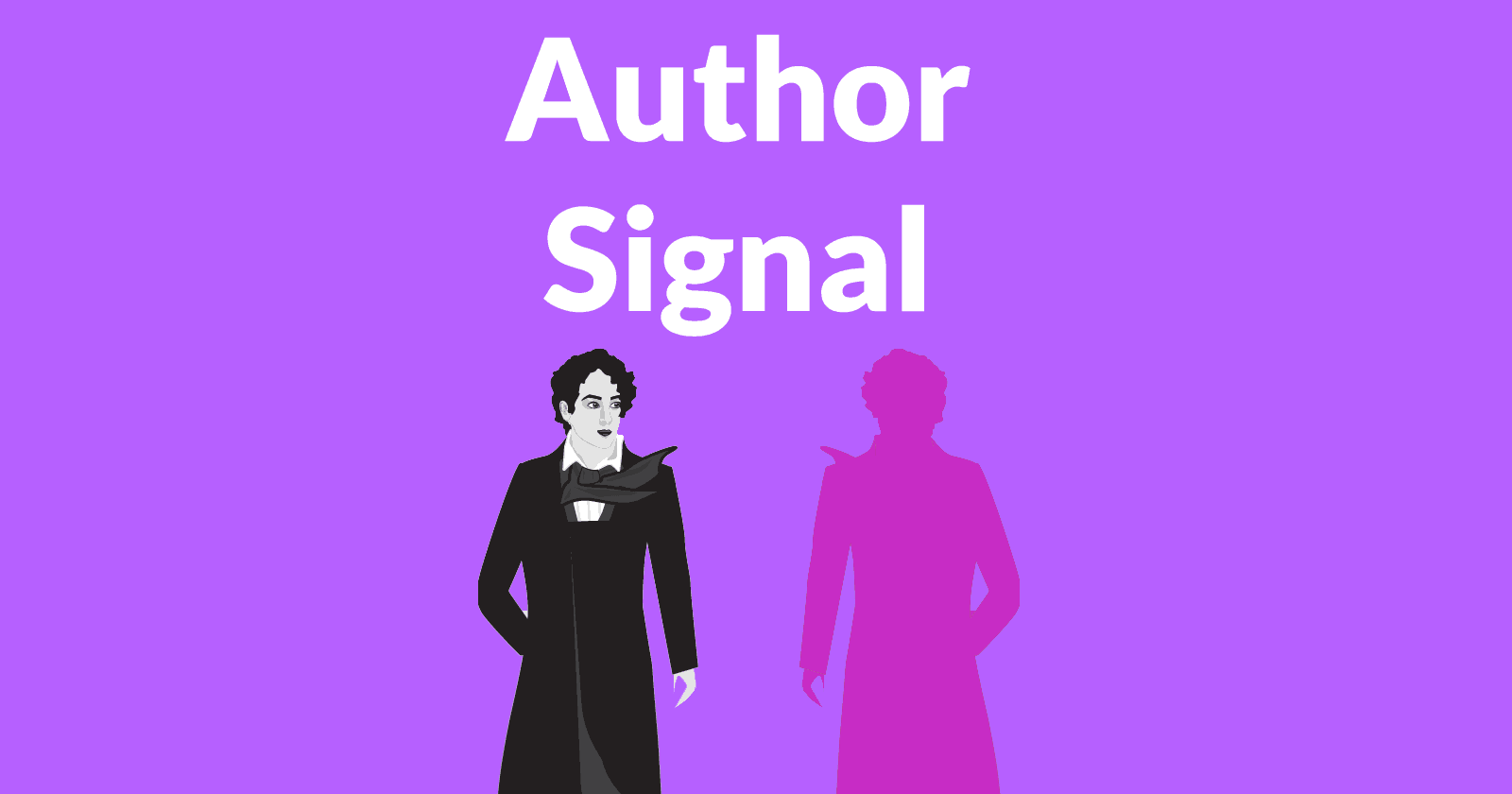I recently participated in a lively discussion with Bill Slawski and Gordon Campbell about authorship and discovered a number of ideas about authorship signals that can provide value to a website.
Authorship is Not a Ranking Factor
One thing Bill Slawski and I agreed upon is that an author bio is unlikely to be a part of an algorithmic ranking factor. There is no evidence to indicate that a site will lose rankings simply because articles are missing an author bio.
However we both agree that there may be indirect influences for helping a site rank better.
Benefits of an Author Bio
There are clear benefits and advantages to an author bio.
In my experience an author name and/or an author bio has at least three benefits:
1. An author creates a relationship with a reader. Readers form a bond with an author they enjoy reading and they seek out their articles to read more.
2. An author’s name can serve as validation that something is worth reading, like a seal of quality. This is like a signal of trust for readers.
3. The lack of an author makes an article somewhat impersonal and can make it seem less trustworthy.
These three reasons are all good for the writer and for the publication they publish in.
Bill Slawski had this to say about the benefits of an author bio:
“1. To properly set out a foundation for a person presenting information to show readers or viewers that they have education or experience to support what they are saying.
2. Pursuant to the Stanford Web Credibility Guidelines to show expertise behind the site, and that trustworthy people stand behind the site.
These are good practices, and it is worth providing information that shows who created content, and why what they write has value… because it allows people to make informed decisions.”
I 100% believe that stimulating trust is a powerful signal for inspiring loyalty and sales. It’s a well known strategy, one that I even incorporate into my link building.
The reason an article by a popular writer can rank well is because of the ideas within those articles as well as the writing style. People respond to those ideas with links.
Search marketer Gordon Campbell offered his personal experience with authorship bios:
“I don’t think that having an author bio will give you a boost in rankings for a broad range of search queries, however,
I still believe there’s an SEO argument for having them – albeit probably a really obvious one and its more of a minor point…I was approached by a company recently who need help with their PPC. They had been massively let down by other companies so he decided to dig into my past, and the past of people that work for me.
He managed to find information on me as I have been published on a handful of sites in the past – this helped me as it helped build trust.”
Takeaway:
An author bio can inspire feelings of trust, credibility and the understanding that there is value in the words being read. The author bio gains power through the talent and value they provide in their writing, particularly if it is done consistently.
Successful authors also write with a pen name. Ben Franklin published a successful almanac under the pseudonym of Poor Richard. He also published opinion articles under the pen name of Mrs. Silence Dogood.
So in certain situations it doesn’t necessarily matter if one uses their actual name, as pen names are an accepted way of publishing articles.
What does matter is the quality of the writing and how consistent the quality of the writing is.


